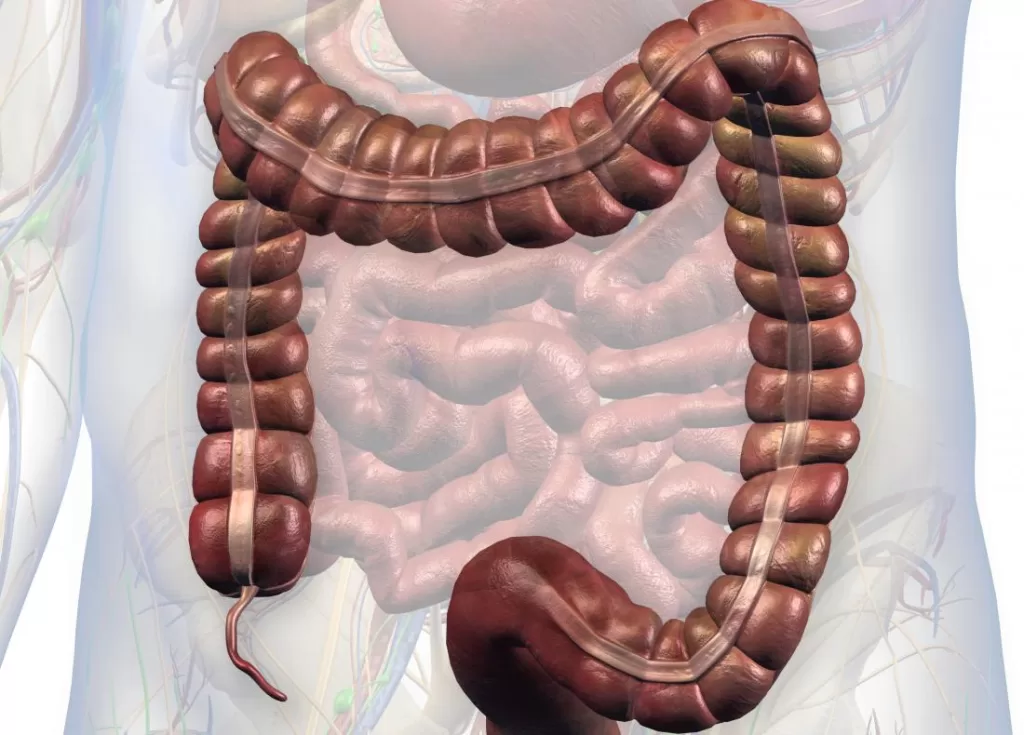The appendix is a finger-like pouch-shaped projection from the colon’s right side of the abdomen, while appendicitis is a result of the appendix becoming inflamed. However, it causes pain in the lower right side of the abdomen. Anyone can develop appendicitis although it’s more common in people between the age of 10-30 years. Pain varies depending on the position of the appendix e.g. in pregnant women.
Causes of appendicitis.
- Bacteria- can invade the appendix and multiply thus making it inflamed and filled with pus. it can rupture If left untreated.
- If there is a blockage in the appendix.
Things that can cause blockage in the appendix are:
- Intestinal worms.
- Tumors.
- Enlarged lymphoid follicles.
- Traumatic injury.
- Digestive tract infection.
- Inflammatory bowel disease.
- Hardened stool build-up.
Signs of appendicitis.
- Sudden pain in the lower abdomen from the navel.
- Nausea and vomiting.
- Loss of appetite.
- Abdominal bloating.
- Lower fever that progresses with the illness.
- Constipation.
Complication

A ruptured appendix can cause fecal matter and bacteria into the abdominal cavities. It can lead to painful life-threatening infections like:
- Peritonitis- Inflammation of the abdominal cavity as a result of bacteria spilling into the abdominal cavity. It’s serious and fatal. Symptoms are:
- High fever.
- Continuous severe abdominal pain.
- Increased heart rate.
- Shortness of breath.
2. Abscesses- These are painful pockets filled with pus around the appendix. Can be drained during surgery or before surgery using a needle.
3. Sepsis – bacteria from ruptured abscess travel through the bloodstream to other body parts and cause infection. Symptoms include;
- High or low body temperature.
- Shortness of breath.
- Confusion.
Diagnosis.
- Physical examination. Pelvic exam- apply gentle pressure on the affected areas. For appendicitis, after pressure is released pain will often worsen thus indicating the peritoneum is inflamed.
- Blood tests e.g. Full blood count to check the level of white blood cells.
- Urinalysis- to counter-check if urinary tract infection or kidney stones is not the cause of pain.
- Imaging tests e.g. abdominal ultrasound, computerized tomography, or abdominal x-ray.
Treatment.
Surgery- to remove the inflamed appendix.
Use of antibiotics to treat infections.
- Who is Nikki Haley? family, education, career, and net worth.
- George Clooney age, family, Spouse, children, career, net worth.
- Kirk Yuhnke age, fox31, family, children, wife, net worth, career.
- Todd Strain Bio, Wiki, NBC7-KNSD, Age, Education, Family, Children, Wife, Net Worth, and Career
- Geraldo Rivera age, wife, children, illness, career, net worth.
- Theo Keith Bio, Age, Education, Children, Wife, Net Worth.
- Deacon Philippe Bio, Wiki, Never Have I Ever season 3, Age, Education, Height, Family, Wife, Children, and Career
- Public Universities in Kenya
- List of Accredited Private Universities in Kenya
- List of best private primary schools in Kirinyaga County.
- A list of special secondary schools, and contacts.
- How is The Lenana Boy school and location?
- List of Best private secondary schools in Nairobi County.
- Kenya Institute of special education, courses.